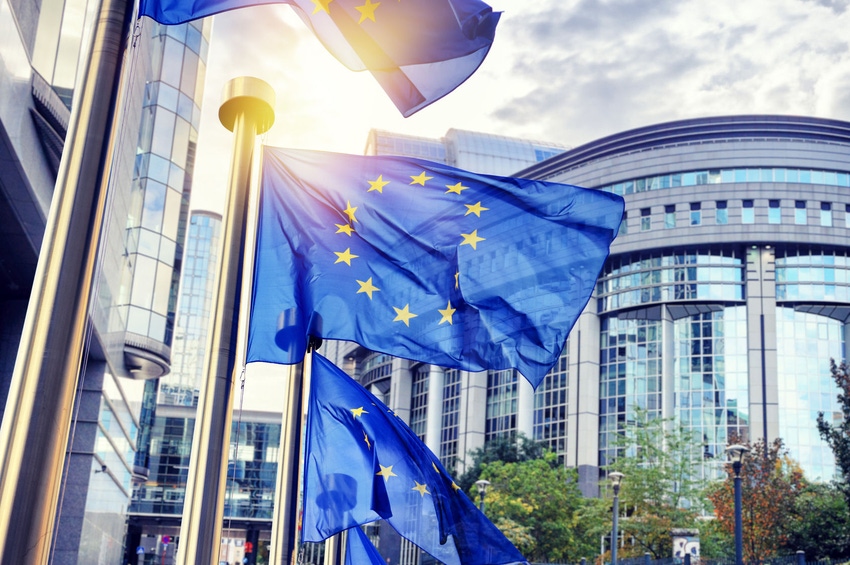As part of the overall Digital Single Market programme, the European Parliament has voted to approve new regulations claiming to protect European businesses and consumers when using online platforms to trade.
April 18, 2019

As part of the overall Digital Single Market programme, the European Parliament has voted to approve new regulations claiming to protect European businesses and consumers when using online platforms to trade.
The “Regulation on platform-to-business trading practices” has been almost two years in the making since the publication of a document titled “Online Platforms and the Digital Single Market: Opportunities and Challenges for Europe” by the European Commission in May 2016.
The EU executives were understandably happy with the passing of the new rules. “We are delighted by the overwhelming support to the new rules on online platforms’ trading practices among the members of the European Parliament. As the first-ever regulation in the world that addresses the challenges of business relations within the online platform economy, it is an important milestone of the Digital Single Market and lays the ground for future developments. Not only will it improve trust, predictability and legal certainty, it will also offer new and accessible options for redress and resolution of disputes between businesses and platforms,” said the official statement, jointly signed off by Andrus Ansip, the Commission’s Vice-President for the Digital Single Market, Elżbieta Bieńkowska, Commissioner for Internal Market, Industry, Entrepreneurship and SMEs, and Mariya Gabriel, Commissioner for Digital Economy and Society.
What drove the Commission to undertake such an initiative two years ago was the understanding that there is a lack of a redress mechanism when the European SMEs encounter problems when trading on the global platforms (companies singled out include Booking.com, Facebook, eBay, and Amazon), for example, “delisting without statement of reasons or sudden changes of Terms and Conditions”. The Commission has also assessed the effectiveness of legislative vs. non-legislative measures, but believed an EU-wide legislation is necessary.
The Regulation is aimed to achieve three main objectives as are outlined in the Impact Assessment Summary published a year ago:
To ensure a fair, transparent and predictable treatment of business users by online platforms
To provide business users with more effective options for redress when they face problems
To create a predictable and innovation-friendly regulatory environment for online platforms within the EU
Although it has been approved by the European Parliament, the regulation still needs to be formally passed by the Council of the European Union, which represents the governments of the member states and can be roughly seen as another “chamber” of the union’s legislature. There is no definite timeline on when the Council will make the decision. However, by the reading of the press statement where the Commissioners thanked the member states “for their great efforts to reach a good compromise in a very short period of time. This is yet another positive development ahead of the upcoming European elections,” the Council may not be able to vote on it before the European Parliamentary election in May. After the final approval, the regulation will enter into force 12 months after it is published in the Official Journal.
This is the latest internet-related legislation the EU has made recently. On 15 April the Council passed the updated Copyright Directive “fit for the digital age”, which has proved controversial. There are also legislation and regulation updates in member states. France has started levying 3% income tax on digital companies with sales in excess of €25 million in France and €750 million globally, without waiting for an EU-wide tax regime as part of the Digital Single Market. The UK, still an EU member state at the time of writing, has not only considered setting up a new regulator to oversee the digital world and started the consultation process of a “code of practice for online services” to protect children, but will also formally introduce the “porn block” on 15 July, which has been called “One of the Worst Ideas Ever” by some critics.
About the Author(s)
You May Also Like








.png?width=300&auto=webp&quality=80&disable=upscale)


_1.jpg?width=300&auto=webp&quality=80&disable=upscale)


.png?width=800&auto=webp&quality=80&disable=upscale)